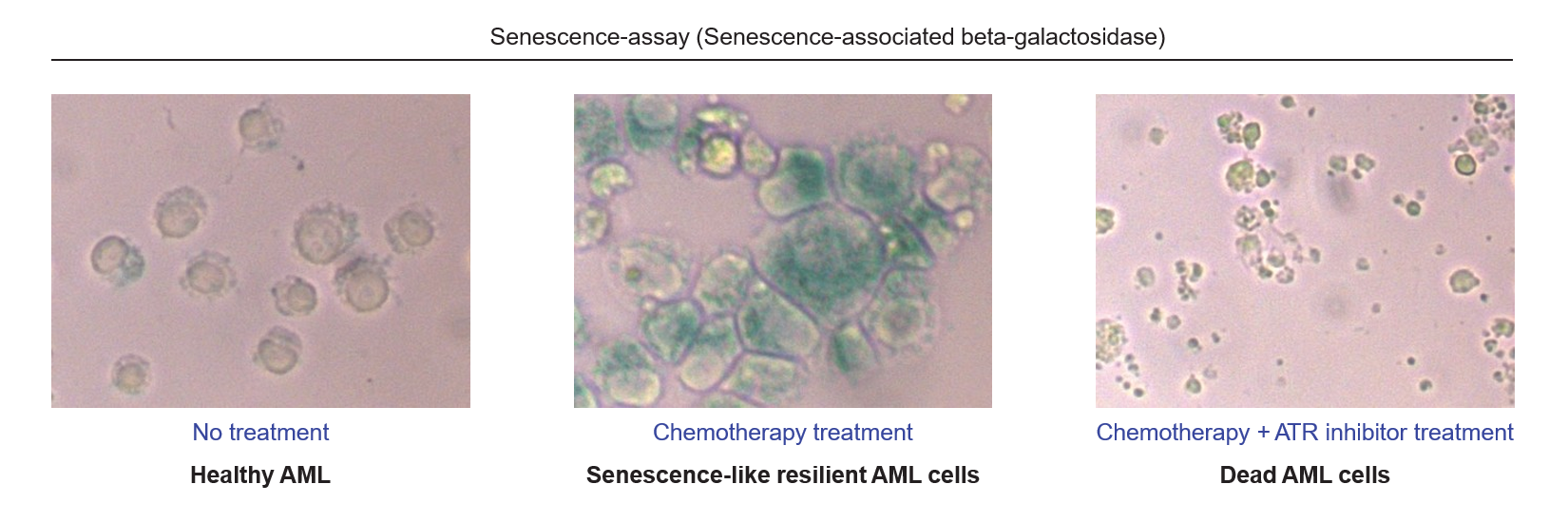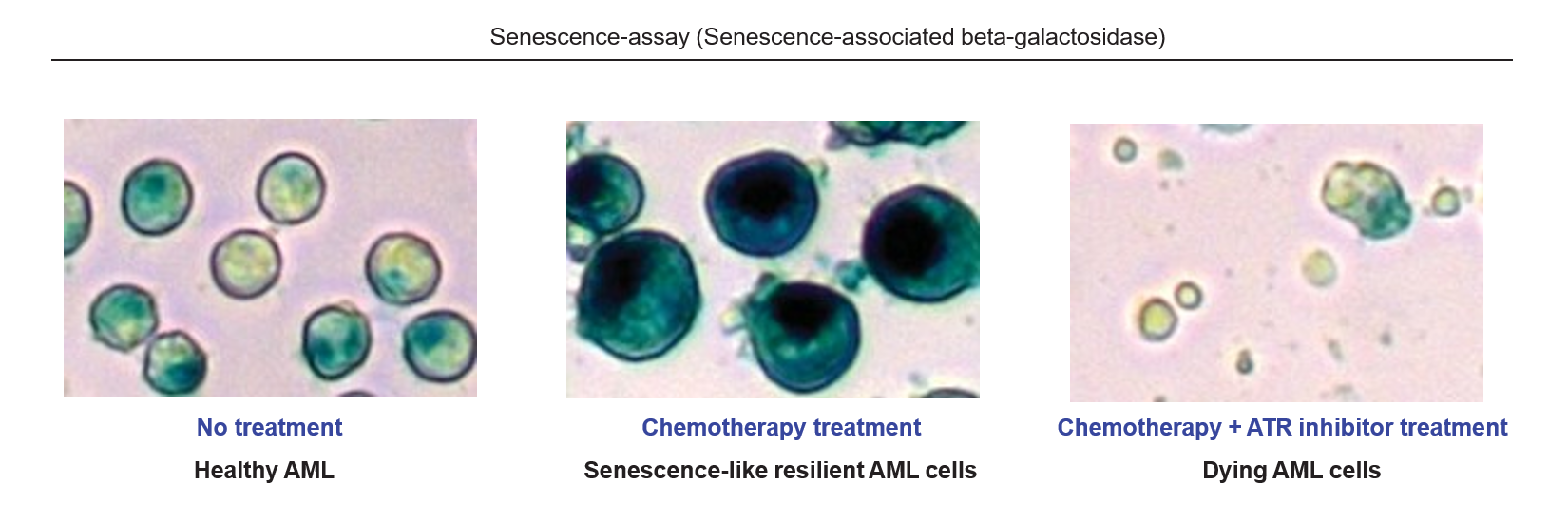PHILADELPHIA (February 15, 2021) – Researchers at Fox Chase Cancer Center have helped to identify a cellular resilience mechanism through which acute myeloid leukemia (AML) cells survive cancer treatment and repopulate leukemia, causing disease relapse. The research also suggests that certain drugs could be used to destroy these treatment-surviving AML cells.
Cihangir Duy, PhD, MS, assistant professor in the Cancer Signaling and Epigenetics Program at Fox Chase, who led the study, made an early observation in his postdoctoral research that AML cells adopt a dormant senescent-like state in response to chemotherapy that has the potential to repopulate leukemia. Senescence, another word for cellular aging, is the point at which cells lose their ability to divide and grow.
The study, “Chemotherapy Induces Senescence-Like Resilient Cells Capable of Initiating AML Recurrence,” was published in Cancer Discovery, a journal of the American Association for Cancer Research.
Duy’s findings revealed a new drug resilience mechanism that AML cells use to recover once hit by cancer treatment, unlike drug resistance in which cancer cells acquired features that shield them from treatment.
Past studies suggested that AML relapse was caused by the presence of inherently more resistant leukemia stem cells, Duy said. “The concept arose from the observation that there is a hierarchy of leukemia cells, and at the top are immature leukemia stem cells that are drug resistant. After chemotherapy, people thought that the treatment killed mature leukemia cells, but immature leukemia stem cells survived.”

Instead, in their study, Duy and colleagues found that when patient-derived AML cells were treated in the lab with chemotherapy, many cells died, but a fraction survived, regardless of whether they were leukemia stem cells. These residual cells were large, stopped growing, and showed markers of cellular senescence.
“The notion has always been that senescence is a terminal stage, that the cells stop growing,” Duy said. “Seminal work in the 1960s found that cells stopped growing after a certain number of rounds of cell division, but these were normal cells, not AML cells that have acquired mechanisms to bypass senescence.”
Entering this senescence-like phase allows AML cells to endure chemotherapy; the phase appears to be temporary. When the AML cells awaken, they are able to begin dividing again.

Duy developed new methods to monitor these senescence-like cells over a longer period of time and found that the cells were able to recover from senescence.
“We observed that after a certain number of weeks the AML cells escaped senescence,” Duy said. “Our study suggests that there are conserved resilience mechanisms in cells to cope with environmental challenges. AML cells take advantage of these conserved resilience mechanisms to survive chemotherapy.”
Duy found that inhibition of the ATR protein kinase, a key factor in cellular DNA damage response, impaired this resilience mechanism, meaning that ATR inhibitors could be an approach for targeting senescence-like cells to prevent recovery of AML after chemotherapy.